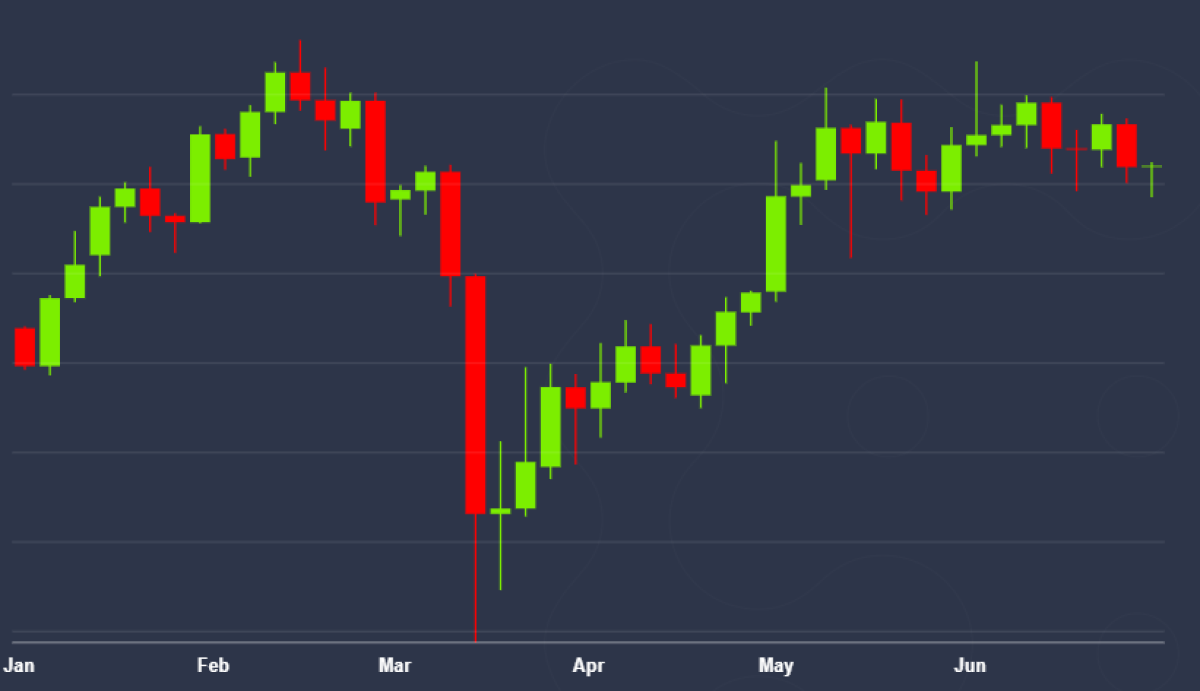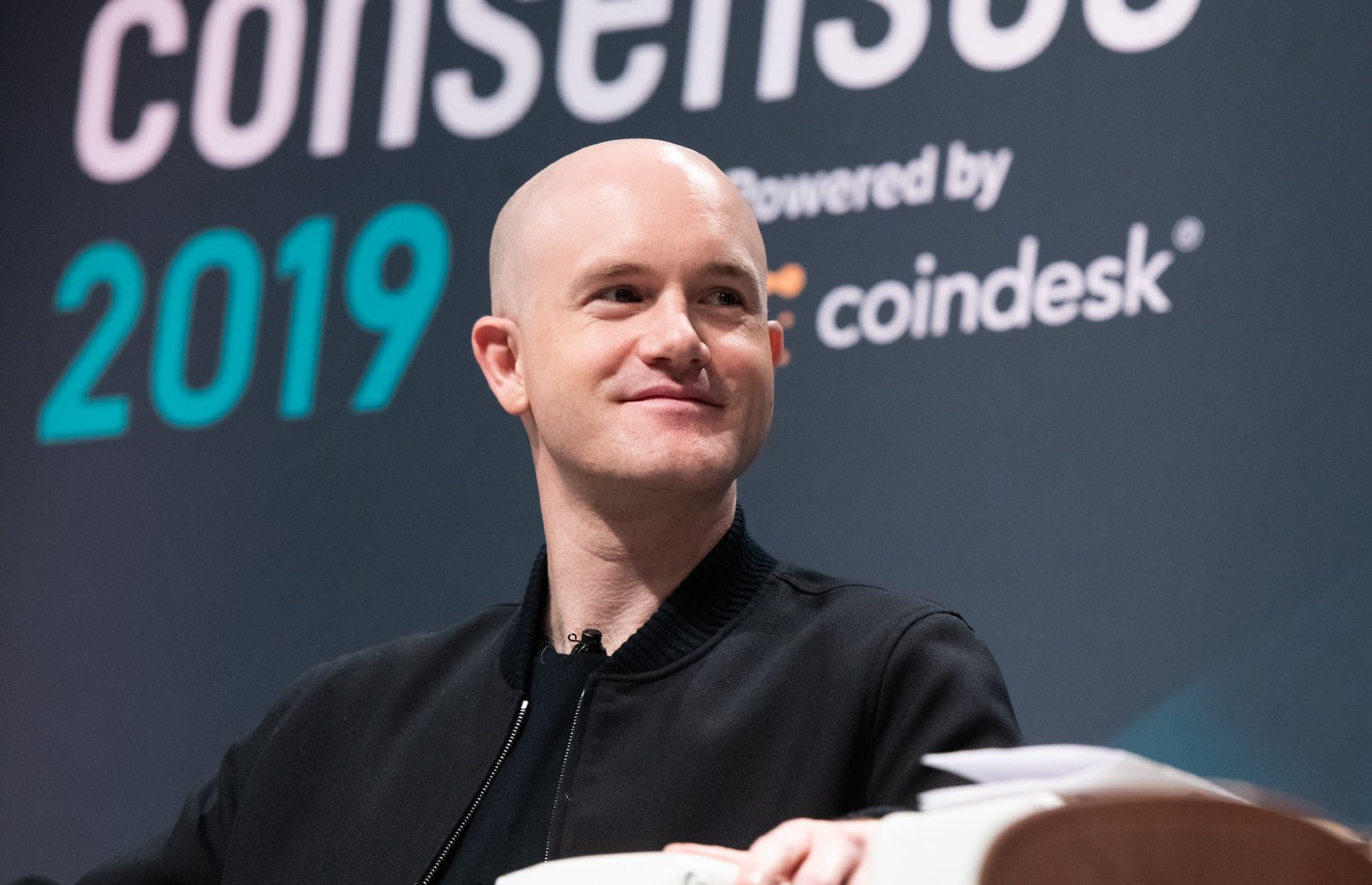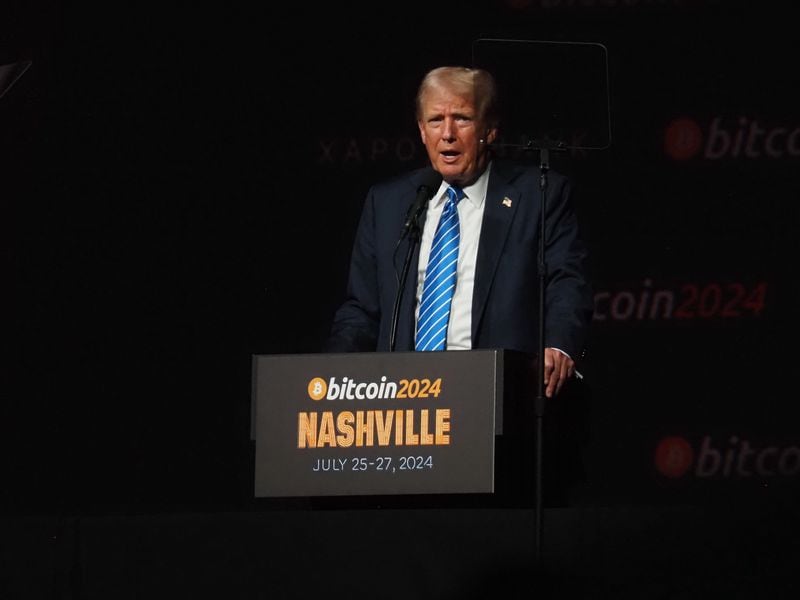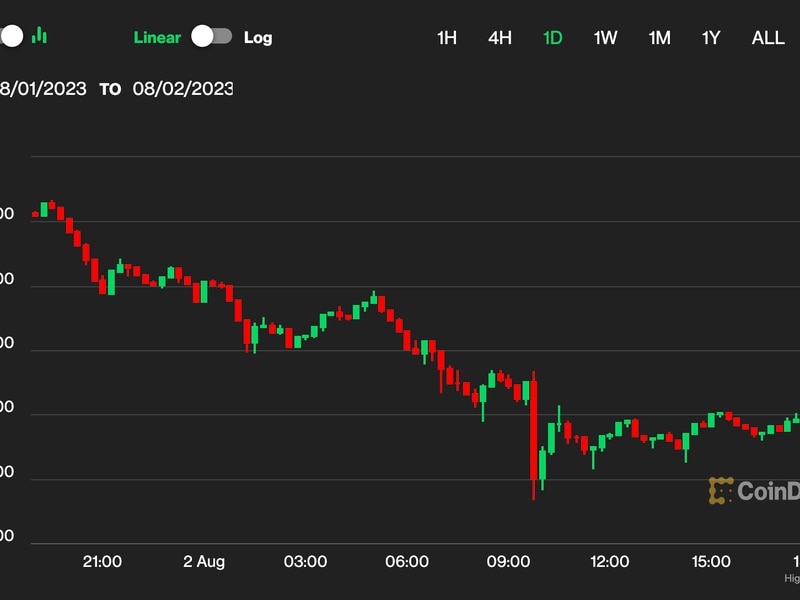U.S. Treatment of CZ, Binance Is ‘Absurd:’ Arthur Hayes
/arc-photo-coindesk/arc2-prod/public/LXF2COBSKBCNHNRE3WTK2BZ7GE.png)
Binance and its founder Changpeng “CZ” Zhao have been treated the way they have been in the U.S. because the crypto exchange – and other centralized exchanges – represent a threat to the traditional American-led global financial system, former BitMEX CEO Arthur Hayes argues in a new essay posted on his Substack account.
Last week, Binance and its founder were criminally charged for violating sanctions and money-transmitting laws, agreeing to pay $4.3 billion in fines and prompting Zhao to step down as CEO. Zhao was determined by a court to be a flight risk and must remain in the U.S. until his sentencing early next year.
Compared with penalties given out to large traditional financial institutions, those handed out to Binance and CZ are “absurd” and highlight “the arbitrary nature of punishment at the hands of the state,” Hayes wrote.
“Did Former Goldman Sachs CEO Lloyd Blankfein get the same treatment as GS under his reign helped Former Malaysian Prime Minister Najib Razak and financier Jho Loh steal more than $10 billion,” Hayes wrote, referring to the 1Malaysia Development Bhd. (1MDB) scandal that was uncovered in 2015. Goldman Sachs ended up being fined $2.9 billion in 2020.
“No, Lloyd got to retire with his stock options intact, and GS was not deemed criminally responsible,” he continued, also pointing out that CEOs of major banks weren’t prosecuted for the 2008 financial crisis.
Hayes argues that the treatment of CZ and Binance is indicative of resistance against decentralization and the blockchain revolution, which, he said, directly challenge state power.
“The state powers centralization, and collaboration is achieved through threats of violence,” he wrote. “A problem for the financial and political establishment was that the intermediaries facilitating flows into and out of the industrial revolution named blockchain were not run by members of their class.”
Hayes himself is no stranger to state prosecution. In February 2022, he pleaded guilty to violating the Bank Secrecy Act because he willfully failed to implement an anti-money laundering (AML) program at the exchange. Later that year, he was sentenced to two years of probation.
Edited by Sheldon Reback.









